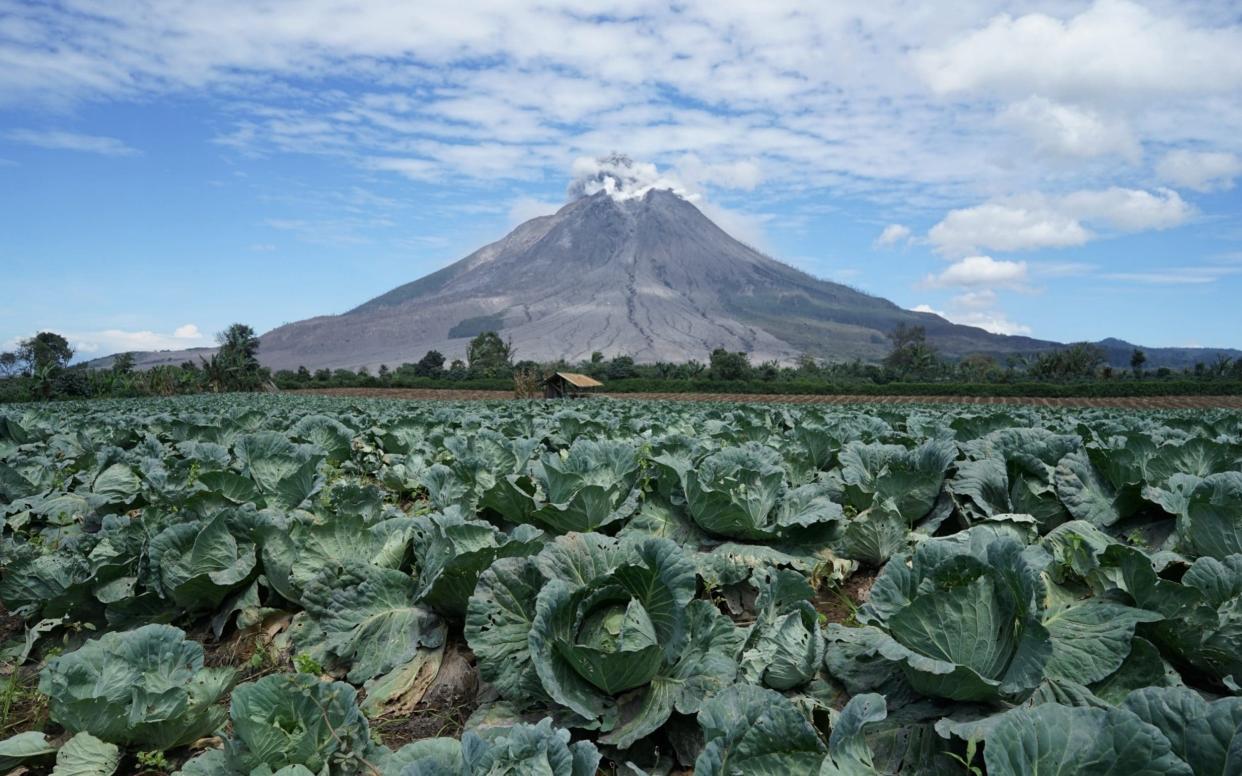Indonesian students balance on tree branches to access remote learning classes

Indonesian children are being forced to climb trees and hunker down on roadsides to access the internet as schools remain shuttered due to spiking coronavirus numbers.
According to Unicef, around 1.6 billion children and young people, more than 91 per cent of students worldwide, have been impacted by school closures this year during the ongoing pandemic. But for developing countries the challenges have been even greater.
In the mountains of Indonesia’s North Sumatra, students have been perching on branches on the tops of tall trees, hoping for a signal strong enough to complete their assignments, reported the New York Times on Monday.
Classrooms in the world’s fourth most populous nation have been locked since March as the virus has swept through the archipelago, infecting close to 200,000 and claiming more than 8,000 lives, hundreds of them children.
More than a third of Indonesian students have limited or no internet access, according to the Education Ministry, and experts fear many students will fall far behind in their studies, especially those from the most disadvantaged areas.
Similar concerns exist in the Philippines, which has now overtaken Indonesia as the worst affected country in Southeast Asia, with more than 237,000 cases.
A government decision to keep schools shut until a vaccine against Covid-19 has been found has left educational authorities in the 107-million strong nation racing to set up a distance learning programme that can be rolled out for the 27 million children of school age.
Buying a laptop or even a mobile phone remains beyond the reach of many families, especially during the current economic downturn, and there have been calls for the education sector to skip this year school year entirely.
The authorities are also trying to experiment with more creative ways of learning, including printed course packages and radio broadcasts.

